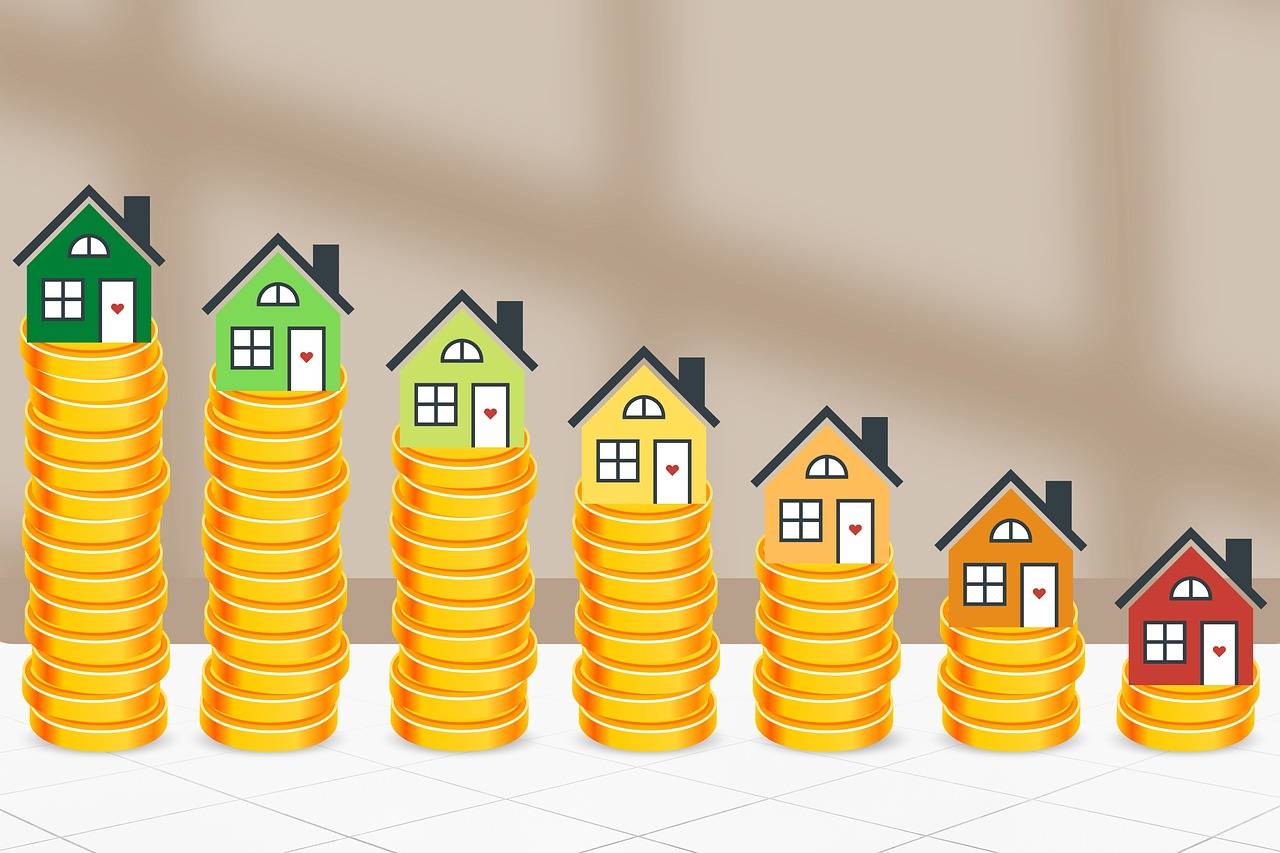In an age of rising living costs, Savings is more Important for economic instability, and increasing consumerism, saving money has become more important than ever. Yet, many individuals overlook the importance of saving, often prioritizing short-term pleasures over long-term security. Building a healthy savings habit not only supports your financial future, but it also reduces anxiety, builds confidence, and provides a safety net for unexpected situations.
This comprehensive article explores the top benefits of savings, and how consistently money can lead to financial independence, peace of mind, and a better life.
Table of Contents
- What Is Savings?
- Top 10 Benefits of Saving Money
- How Much Should You Save?
- Smart Saving Strategies
- Conclusion
- FAQs
What Is Savings?
Savings refer to the portion of your income that is not spent on current consumption and is instead set aside for future use. It can be stored in a account, fixed deposit, recurring deposit, or invested in various instruments depending on your risk appetite and financial goals.
By definition:
Savings = Income – Expenses
People save money for various reasons:
- To handle emergencies
- For buying assets like a car or home
- To pay for education
- To retire comfortably
- To travel or pursue hobbies
- To invest and grow wealth over time
Top 10 Benefits of Saving Money
1. Financial Security
Saving gives you a sense of control over your life. It acts as a buffer against job loss, unexpected expenses, or other financial hardships. With money in the bank, you can face challenges with confidence and stability.
2. Emergency Preparedness
Life is full of surprises. A medical emergency, accident, or sudden home repair can wipe out your budget. An emergency fund ensures you don’t have to rely on loans or credit cards during tough times.
3. Freedom and Independence
When you have savings, you’re no longer bound to a job or location just for financial survival. You can explore new opportunities, take a sabbatical, or start your own business. Savings give you the freedom to live life on your own terms.
4. Debt Reduction and Avoidance
Many people rely on credit for large purchases. But with disciplined savings, you can pay upfront and avoid interest charges. You also reduce dependence on loans, reducing long-term financial burdens.
5. Achieving Financial Goals
Want to buy a home? Start a business? Go on a world tour? All these dreams need funding. By saving consistently, you make steady progress toward achieving your financial and personal goals without stress or delay.
6. Stress Reduction
Financial stress is a major cause of anxiety and depression. Having money saved up reduces worries about day-to-day expenses or the fear of unexpected bills. You sleep better at night knowing you’re financially covered.
7. Opportunity Capital
When opportunities come knocking—like investing in a startup, buying a discounted product, or a once-in-a-lifetime deal—your savings act as capital to seize them. People without savings often miss out or borrow at high interest to participate.
8. Retirement Planning
Saving from an early age gives you the benefit of compound interest. Your money grows over time, ensuring you can retire comfortably and independently, without depending on others or working during your golden years.
9. Better Financial Habits
Consistent saving builds discipline. You become more mindful of your spending, plan better, and avoid impulsive decisions. Over time, these habits lead to improved budgeting, wealth creation, and financial intelligence.
10. Peace of Mind
Ultimately, the biggest benefit of saving is peace of mind. You know you’re prepared for the future, protected from emergencies, and on track to achieve your life goals. That confidence can’t be bought—it must be built.
How Much Should You Save?
A widely recommended method is the 50/30/20 rule:
- 50% for necessities (rent, food, utilities)
- 30% for wants (entertainment, travel)
- 20% for savings and debt repayment
However, this rule can be adjusted based on your income and goals. If you’re paying off debt, you might allocate more towards repayment. If you’re planning a major purchase, increase your savings percentage.
Start with a goal to build an emergency fund worth at least 3 to 6 months of living expenses. Once that’s done, aim for long-term goals like retirement, investment, or education.
Smart Saving Strategies
Here are practical ways to build your savings consistently:
- Automate your savings: Set up auto-transfers to your savings account monthly.
- Track spending: Use apps to monitor your expenses and cut unnecessary ones.
- Set clear goals: Have specific reasons for saving, like a trip or gadget.
- Use reward programs: Save through cashback offers, discounts, and loyalty points.
- Open a high-yield savings account: Earn better interest while keeping money safe.
- Cut subscriptions: Unused streaming or gym subscriptions can be redirected to savings.
- Cook at home: Eating out regularly drains your budget fast—home-cooked meals save thousands.
Conclusion
In a world of rising inflation, uncertain job markets, and volatile economies, saving is not a luxury—it’s a necessity. The benefits of savings extend far beyond finances—they give you peace, purpose, and the power to live on your own terms.
Whether you’re a student, working professional, or business owner, make saving money a habit. Even if you start small, stay consistent. Over time, your savings will grow, giving you opportunities and security that few other things can offer.
“Do not save what is left after spending, but spend what is left after saving.” – Warren Buffett
Start saving today. Because the best time to plant a tree was 10 years ago. The second-best time is now.
Frequently Asked Questions
Q1. Why is saving money important?
Saving money is crucial for financial security, emergency protection, reaching life goals, and achieving peace of mind. It gives you independence and control over your future.
Q2. Where should I keep my savings?
Keep your savings in a high-yield savings account, fixed deposit, or money market fund depending on your needs and risk tolerance. Diversify for both safety and growth.
Q3. What is the best way to start saving?
Start small, automate your savings, and track your expenses. Even saving ₹100 or $10 a week builds the habit and adds up over time.
Q4. Can I save and invest at the same time?
Yes! Prioritize building an emergency fund first, then start investing for long-term growth. Balance between liquid savings and investments based on your goals.







